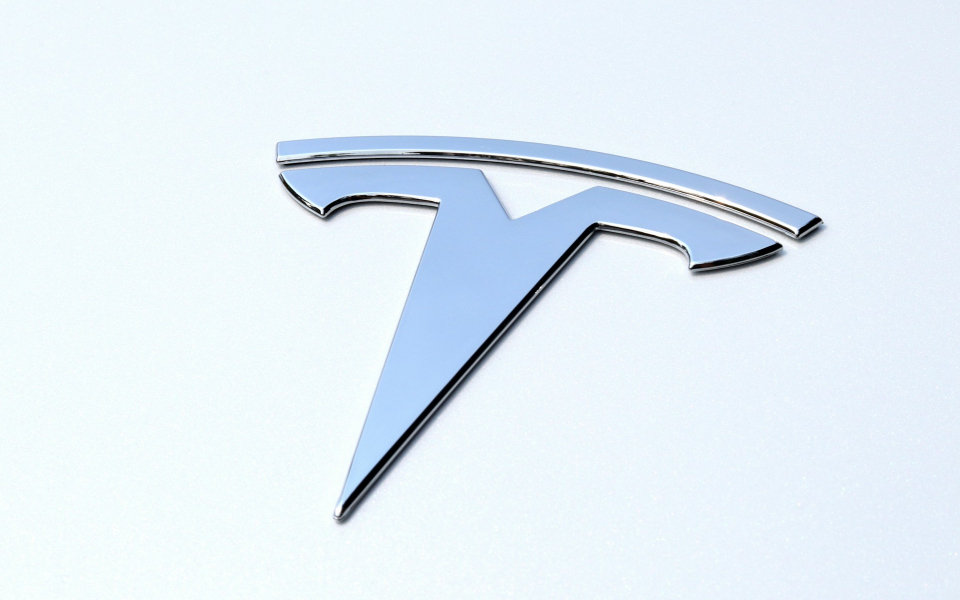Tesla Inc
However, a new survey finds that when it comes to demand and consumer trust, the robot axis might not be ready for mass adoption.
What Happened: A new J.D. Power survey of consumers tests the experience and ratings of passengers who have taken a ride in an autonomous vehicle.
The 2024 U.S. Robotaxi Experience Study found that consumers had an average level of satisfaction of 8.53 on a 10-point scale.
The study, which took place in August, is based on the five categories of comfort and convenience, initiating the ride, riding in the vehicle, service availability and cost, and vehicle technology. Of the five categories, technology scored the highest.
Consumers who rode in a robotaxi had a 76% consumer confidence score for a fully automated, self-driving vehicle. While that score is relatively high, the consumer confidence score of people for fully automated, self-driving vehicles who have not ridden in a robotaxi was only 20%.
When asked to describe their ideal robotaxi service, respondents prioritized safety, with 78% selecting it as the most important factor, followed by reliability at 71% and trustworthiness at 66%.
One of the most important consumer requests in the survey was for the robotaxi to offer an emergency button to connect to local emergency services. Other requests were for the ability to select vehicles based on safety features and having the route set beforehand.
Companies mentioned in the report, which had their vehicles tested, include:
- Cruise, which is majority owned by General Motors Company
(GM -0.19%) - May Mobility
- Motional, which is a joint venture between Hyundai
(HYMLF 0.00%) and Aptiv(APTV -0.15%) - Waymo, a subsidiary of Alphabet Inc
(GOOG 0.53%) (GOOGL 0.47%) - Zoox, a subsidiary of Amazon.com Inc
(AMZN 0.02%)
Why It's Important: The study finds relatively high trust and satisfaction ratings for consumers who experience a robotaxi in some of the largest cities that have approved or are testing the technology.
Another takeaway from the report is that even living in a city with robotaxis and higher consumer awareness can improve trust in the technology. The study found that consumer confidence was 34% for people who had not ridden in a robotaxi and lived in one of the cities with robotaxis in operation.
"The robotaxi segment is still anyone's game, given that most people are not familiar with robotaxi brands and haven't formed a clear associative imagery," J.D. Power Senior Director of user experience benchmarking and technology Kathleen Rizk said.
Rizk added that the companies with robotaxis need to "look beyond their deployment markets and find ways to educate and build trust with all consumers."















